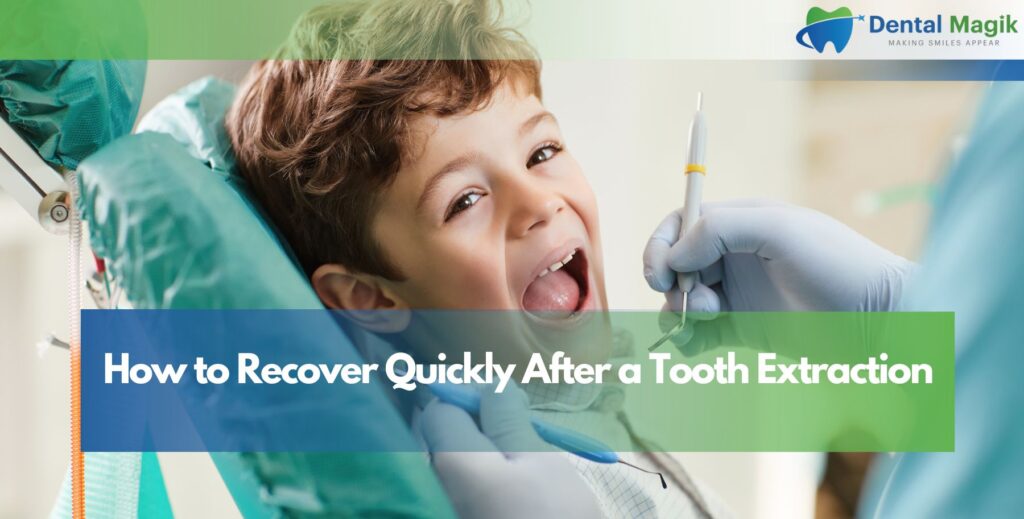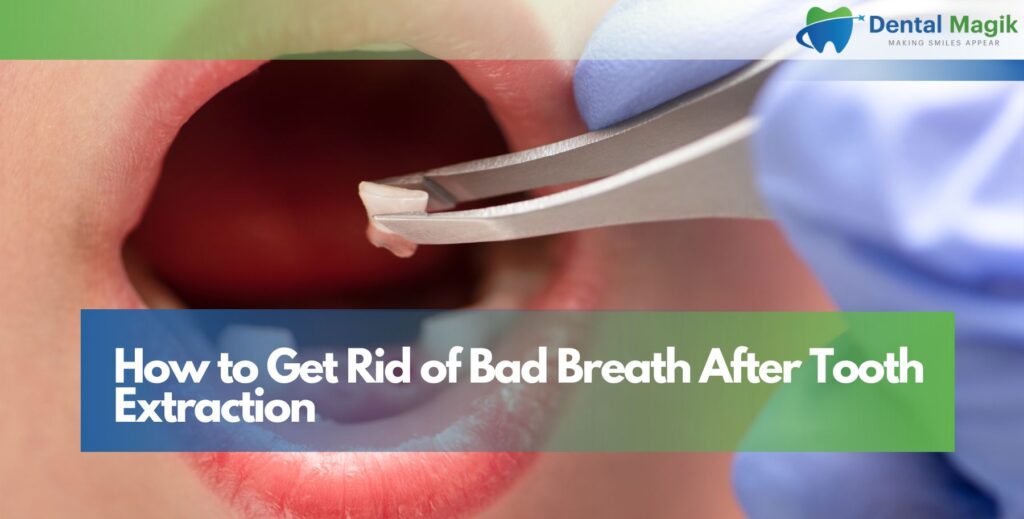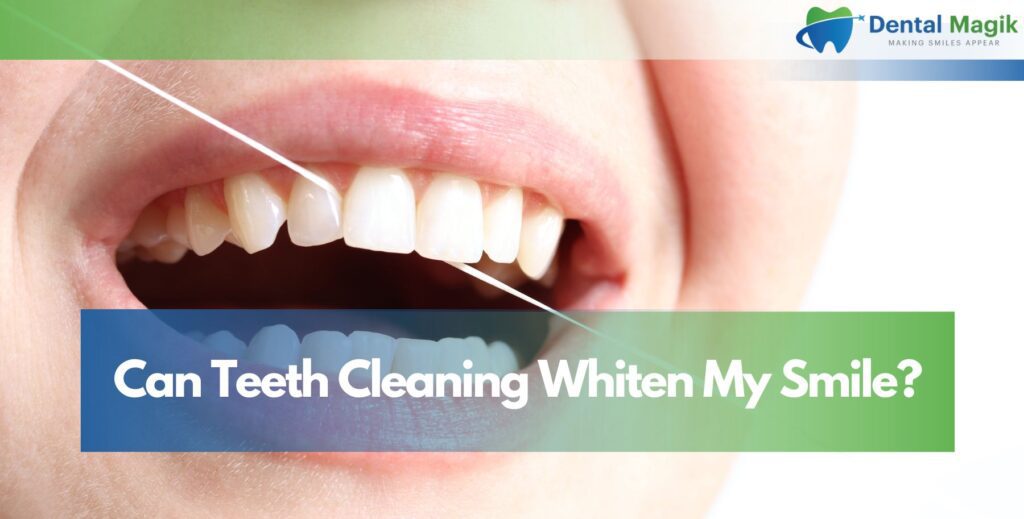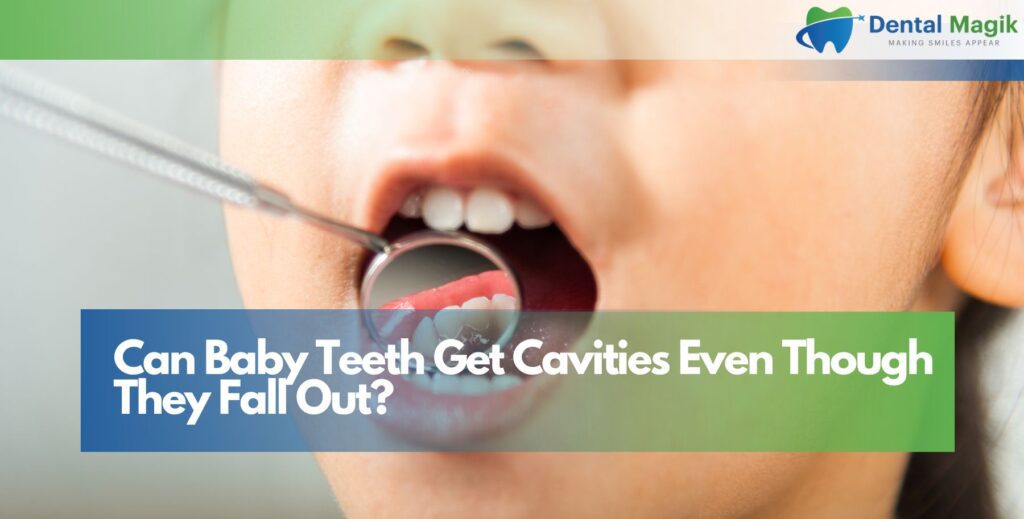Tooth extraction might sound scary, but it’s often the best step toward a healthier mouth. Whether you’re dealing with a decayed tooth, overcrowding, or wisdom teeth, the procedure itself is routine and safe.
However, what truly makes a difference is what happens afterward. Your healing after tooth extraction depends on how well you care for your mouth during the recovery period.
So, if you’re wondering, “How can I recover quickly after a tooth extraction?”, this comprehensive guide is just what you need.
Why Tooth Extraction May Be Necessary
Before we dive into recovery, let’s understand why a tooth might need to be removed in the first place.
Common Reasons for Tooth Extractions:
- Severe tooth decay or infection
- Impacted or infected wisdom teeth
- Overcrowded teeth (often for orthodontic treatment)
- Gum disease affecting the bone
- Broken teeth beyond repair
If your dentist in East Brunswick, NJ recommends an extraction, it’s because it’s the best option to protect your overall oral health.
What to Expect Right After Tooth Extraction
The healing process begins the moment your tooth is removed. Right after the extraction:
- The dentist places gauze over the socket to control bleeding.
- A blood clot starts to form in the empty space.
- This clot is essential—it protects the bone and nerves underneath and is the foundation for healing.
If the clot becomes dislodged or dissolves too early, you may develop a dry socket, which can be painful and delay healing.
That’s why the first 24–48 hours are so important.
How Long Does It Take to Heal After a Tooth Extraction?
Every patient is different, but on average:
- Initial healing takes 1–2 weeks.
- Most people return to normal activities within 2–3 days.
- Full bone healing can take several weeks to months.
But here’s the good news: by following a few simple recovery steps, you can feel better faster and avoid complications.
How to Recover Quickly After a Tooth Extraction
Let’s go through the best practices that help you recover smoothly and return to normal as soon as possible.
Follow Your Dentist’s Instructions Carefully
This is the golden rule. Your dentist or oral surgeon will give you custom post-op instructions based on your specific situation.
These instructions will include:
- Medication schedules
- How long to keep gauze in place
- Eating and drinking guidelines
- When to return for a follow-up
Always follow your dentist’s advice first—they know your case best.
Control Bleeding the Right Way
Mild bleeding is normal for the first few hours. To control it:
How to Stop Bleeding After a Tooth Extraction
- Bite down gently but firmly on clean gauze.
- Change the gauze every 30–45 minutes until bleeding slows.
- Avoid talking, spitting, or rinsing during the first few hours.
- Don’t disturb the blood clot forming in the socket.
If bleeding continues beyond 24 hours or becomes heavy, contact your dentist immediately.
Manage Pain and Swelling Gently
Some discomfort is expected, but it shouldn’t be extreme.
Pain Relief Tips After Extraction:
- Take prescribed painkillers or over-the-counter medications like ibuprofen.
- Use an ice pack on the outside of your cheek (15 minutes on, 15 minutes off).
- Keep your head elevated while resting to reduce swelling.
Swelling usually peaks at around 24–48 hours and fades after that.
Get Plenty of Rest (No Workouts Yet!)
Don’t rush back to your normal routine. Rest gives your body the energy it needs to heal.
Avoid for 48–72 hours:
- Heavy lifting
- Running or cardio workouts
- Bending over or straining
- Smoking or using a straw
All these activities can dislodge the clot or raise your blood pressure, causing more bleeding.
Eat Soft, Nutritious Foods
You’ll need to avoid hard or crunchy foods for a few days. Stick with a soft food diet that’s gentle on your healing mouth.
Best Foods After Tooth Extraction:
- Mashed potatoes
- Yogurt
- Applesauce
- Smoothies (no straw!)
- Scrambled eggs
- Broths and soups
- Oatmeal or cream of wheat
Avoid hot, spicy, crunchy, or acidic foods. Hot temperatures can dissolve the clot, and crunchy bits can get stuck in the socket.
Stay Hydrated—But Skip the Straw
Drink plenty of water to stay hydrated and support healing.
But—and this is important—do not use a straw for at least 7 days. The suction can pull the clot out and cause a dry socket.
Avoid alcohol and caffeine, too, as they can interfere with healing.
Keep the Extraction Site Clean (But Carefully)
You still need to keep your mouth clean, but gently!
Oral Hygiene Tips After Extraction:
- Avoid brushing the extraction area for the first 24 hours.
- After 24 hours, gently rinse with warm salt water (1/2 teaspoon salt in a cup of warm water).
- Do this 2–3 times a day—especially after meals.
- Avoid vigorous swishing or spitting.
Continue brushing and flossing the other teeth as usual, being very careful around the surgical site.
Avoid Smoking or Vaping
If you’re a smoker, this one’s tough—but essential.
Smoking and vaping slow down healing, increase pain, and raise your risk of infection or dry socket.
Try to avoid tobacco for at least 72 hours, but the longer you wait, the better.
Watch for Signs of Trouble
While complications are rare, they can happen. Knowing the warning signs helps you act quickly.
Call your dentist if you notice:
- Severe or worsening pain after 3–5 days
- Heavy bleeding that won’t stop
- Swelling that gets worse after 3 days
- Pus or bad smell from the site
- Fever or chills
These may indicate a dry socket, infection, or other concerns that need immediate care.
Return for Follow-Up If Advised
Depending on your case, your dentist may ask you to come in for a follow-up appointment.
This helps them:
- Ensure healing is on track
- Remove stitches (if non-dissolvable)
- Check for signs of infection
- Answer your questions about long-term care
Don’t skip this appointment—it’s your best chance to ensure a full and fast recovery.
Bonus Tips to Speed Up Recovery
Want to bounce back even faster? Here are a few extra tips:
- Stay upright when sleeping (prop with pillows)
- Don’t touch the extraction site with your fingers or tongue
- Avoid spicy, citrusy, or carbonated drinks
- Eat protein-rich foods to fuel tissue repair
- Use a moist tea bag (especially black tea) to soothe the site naturally
When Can You Resume Normal Activities?
Most people feel good enough to go back to work or school after 2–3 days. Strenuous physical activities should wait at least 5–7 days, depending on your comfort.
Full healing can take up to 2 weeks, so keep listening to your body and follow your dentist’s advice.
What to Expect After Wisdom Tooth Extraction
Wisdom teeth can be a little trickier than standard extractions, especially if they were impacted. Recovery is often similar but may involve:
- More swelling and jaw stiffness
- Slight bruising
- Longer rest periods
The same rules apply: rest, hydrate, eat soft foods, and avoid straws.
Why Following Aftercare is Non-Negotiable
Here’s the deal: no matter how skilled your dentist is, your healing depends on you.
Following your aftercare plan is the difference between a fast recovery and painful complications.
By staying on top of hygiene, eating smart, and avoiding risky habits, you protect your smile and get back to feeling great—faster.
Conclusion
Tooth extraction is a common, safe, and necessary procedure—but how you recover is in your hands. By following simple, dentist-approved steps, you can minimize pain, avoid complications, and heal faster than you expected.
If you’re looking for expert, compassionate care and clear recovery guidance, connect with a trusted Dentist in East Brunswick, NJ who prioritizes your comfort and long-term dental health.
We’re here to guide you through every step—from the procedure to a smooth, confident recovery.
FAQs
How long should I rest after a tooth extraction?
Most people need at least 24 to 48 hours of rest, avoiding physical activity. Full recovery takes about 1–2 weeks.
When can I eat solid food again after an extraction?
Stick to soft foods for the first 3–5 days. You can slowly return to regular foods as you feel comfortable.
What is a dry socket and how can I prevent it?
A dry socket happens when the blood clot dissolves too early. To prevent it, avoid straws, smoking, and vigorous rinsing.
Can I brush my teeth after extraction?
Yes—but avoid the extraction site for the first 24 hours. After that, brush gently and rinse with salt water.
Is swelling normal after an extraction?
Yes. Mild swelling is common and usually peaks after 1–2 days. Use an ice pack and rest to reduce it.







